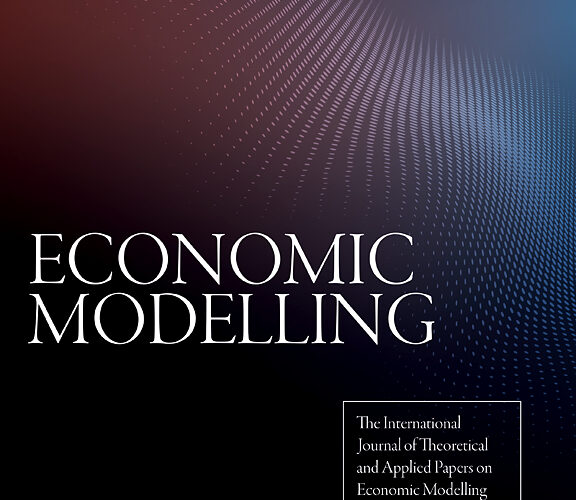
The paper studies the labor share among countries of the European Union, with a particular attention to the newer member states of Central and Eastern Europe (CEEU). We find that CEEU countries typically have lower labor shares than older EU member states, both in the aggregate and at the sectoral level. Structural change, while quite pronounced among the CEEU economies, plays only a minor role in the evolution of the labor share. The exception is agriculture, which for some countries has a sizable impact on the level and dynamics of the labor share – partly because of important measurement problems. We also find that a significant part of the difference in conventionally measured labor shares between the more developed EU countries and less developed CEEU countries can be attributed to differences in relative prices. This is consistent with a productivity-based explanation: we show that a simple, calibrated two-sector model with sectoral productivity differentials can explain 36–71% of cross-country variations in the non-agricultural labor share.
Nem található esemény a közeljövőben.
A KRTK Közgazdaság-tudományi Intézet teljesítményéről A KRTK KTI a RePEc/IDEAS rangsorában, amely a világ közgazdaság-tudományi tanszékeit és intézeteit rangsorolja publikációs teljesítményük alapján, a legjobb ... Read More »

Tisztelt Kollégák! Tudományos kutatóként, intézeti vezetőként egész életünkben a kutatói szabadság és felelősség elve vezetett bennünket. Meggyőződésünk, hogy a tudomány csak akkor érhet el ... Read More »

Srí Lanka: a 2022-es gazdasági válság leckéje – A. Krueger Lessons from Sri Lanka Anne O. Krueger Jul 25, 2022 – Project Syndicate ... Read More »

A permanens válság korában élünk – J. Meadway We’re living in an age of permanent crisis – let’s stop planning for a ‘return ... Read More »

A 2021 végén, illetve 2022 elején tapaszalt 6, illetve 7%-os cserearányromlás brutális reáljövedelem-kivonást jelentett a magyar gazdaságból. A külső egyensúly alakulásával foglalkozó elemzések többnyire ... Read More »
